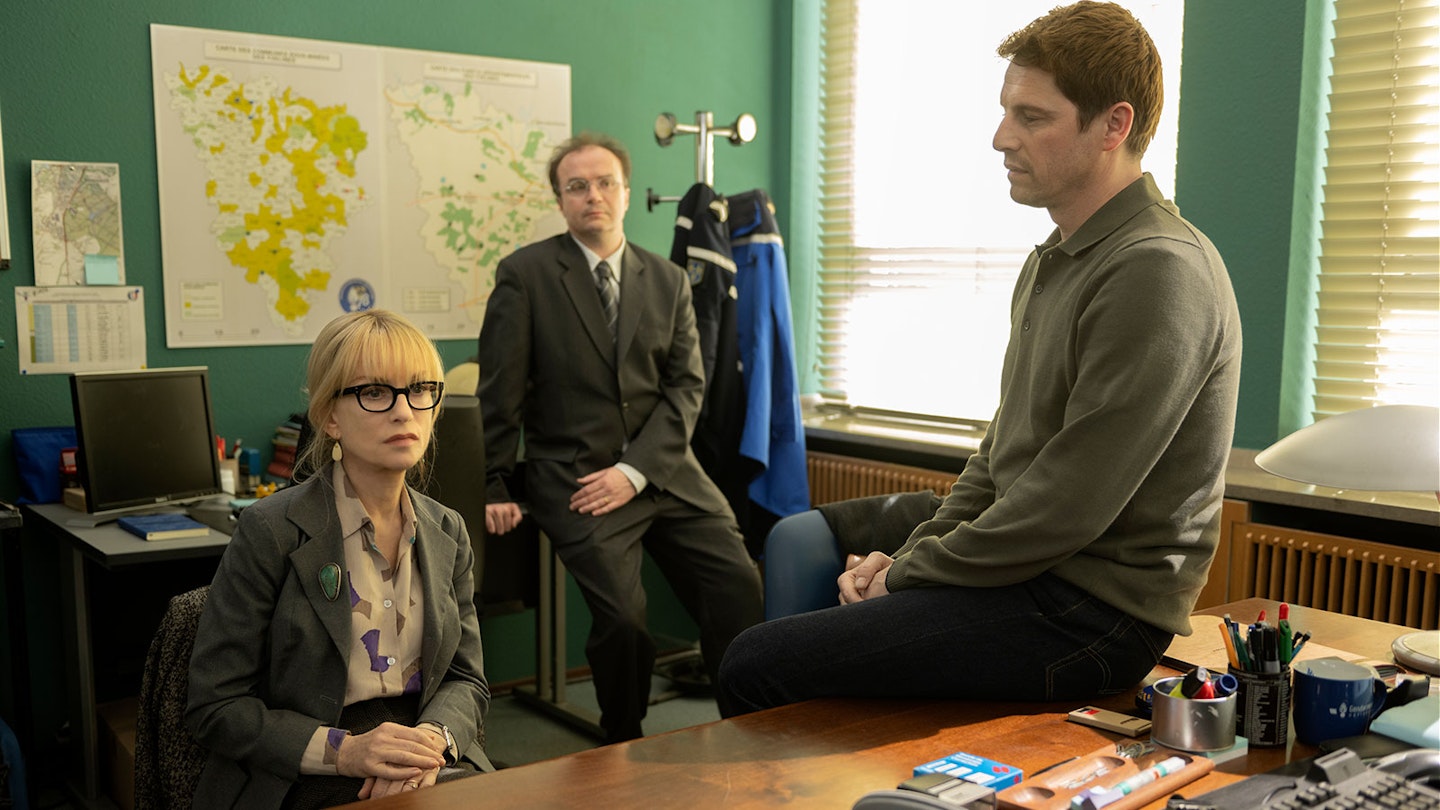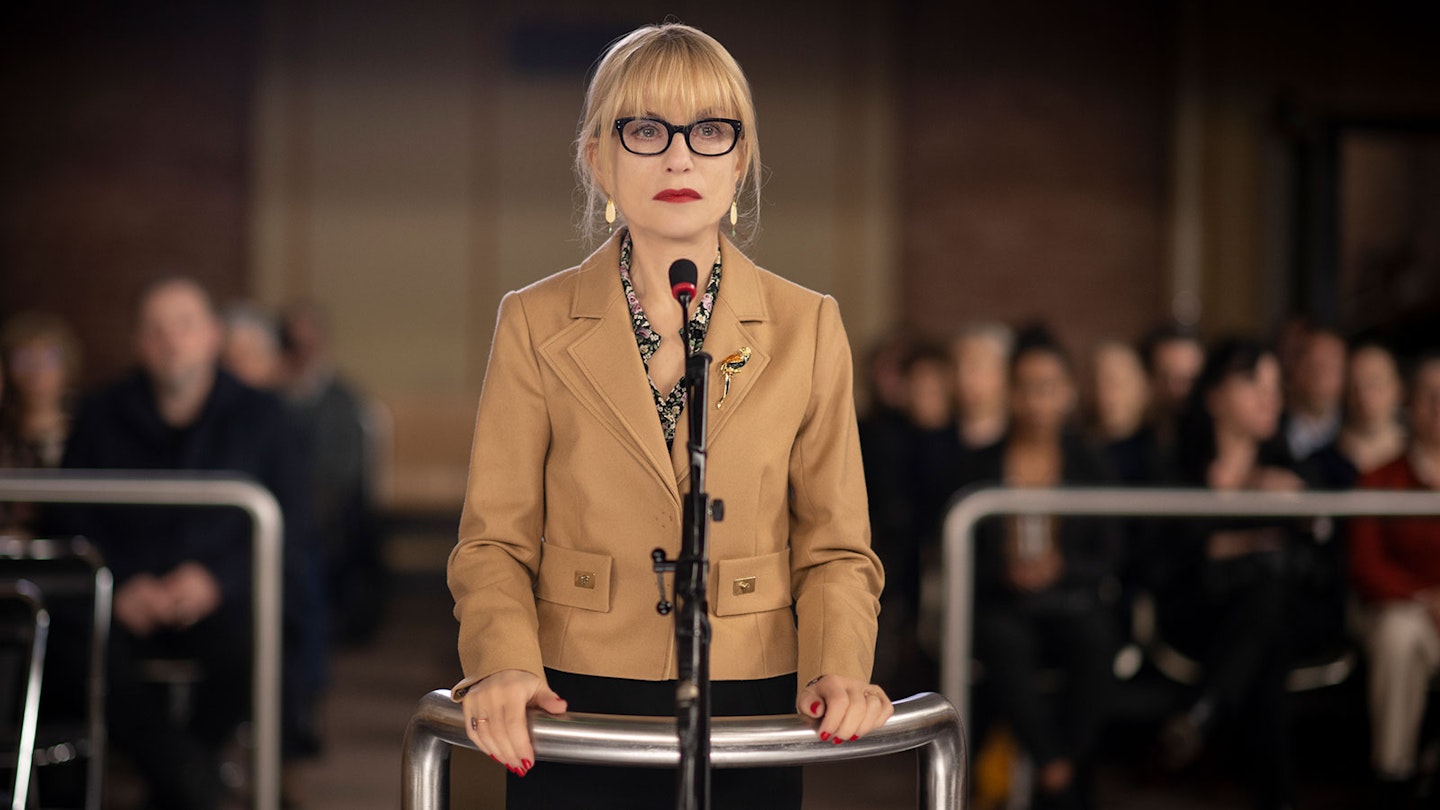Isabelle Huppert has been making films for over half a century and audiences have built up such an implicit trust in her that it's hard to believe that the French legal system would ever doubt her character's word. Director Jean-Paul Salomé relies heavily on this sense of outrage in recounting the case of Maureen Kearney, the Irish trade unionist whose 2012 rape claim was dismissed as fantasy after she had exposed plans for an exchange of nuclear technology between companies in France and China.

Drawing on a book by journalist Caroline Michel-Aguirre, the drama divides into two sections. The first focusses on Kearney's determination to force Areva CEO, Luc Oursel (Yvan Attal), into admitting that his secret negotiations would risk thousands of jobs. Following the early morning attack that saw Kearney bound to a chair and violated with a knife handle, the second half centres on the police investigation led by Adjudant-Chef Brémont (Pierre Deladonchamps) that was as slipshod as it was misogynist.
Opting against attempting an Irish accent, Huppert gives a masterclass in inscrutable intensity. But her impassive stoicism makes her rather remote, even though this pays dividends by highlighting the grotesqueness of the police conclusion that Kearney had not acted like a proper rape victim. Indeed, events are outlined in such a connivingly controlled manner that it's difficult to ignore the buttons being pushed as sources of indignation are slotted into the storyline.
The sleek camerawork and precision editing capably reinforce this sense of institutionalised sexism and injustice. Yet neither has much stylistic impact on Salomé's storytelling, which has the brisk accessibility of a TV-movie, hence the usually dependable Attal going to Mach 4 to convey Oursel's contempt, and the bespectacled Huppert's climactic gaze into the lens to make sure that the message has hit home.
